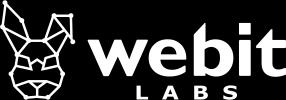

Financial institutions are harnessing the power of blockchain technology to redefine their processes and offerings. From traditional finance to decentralized and centralized exchanges, to crypto asset trackers, blockchain technology provides a trust-infused, transparent, and efficient environment. Thanks to blockchain developers, intricate transactions are simplified, security is enhanced, and users can control their financial data. Blockchain catalyzes a new era of financial interaction, where intermediaries are minimized, and peer-to-peer transactions thrive. It's an exciting evolution in finance, fuelled by blockchain innovation.
Our blockchain advancements in finance include a unified Crypto Asset Manager for comprehensive asset tracking and a crypto statistical platform serving both DEX and CEX, promoting cross-chain and finance-DeFi interoperability. We've empowered e-commerce with a user-friendly Web3 Payments API for secure, transparent crypto transactions. Furthermore, our contributions to the NFT space include high-capacity marketplaces supporting asset tokenization and providing insightful data for decision-making.
Blockchain technology's inherent cryptography and immutable records bolster security, crucial for the finance industry. It reduces fraud, errors, and data breaches, thus strengthening trust.
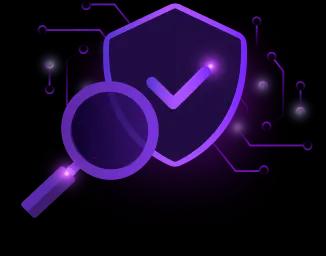
Every transaction on a blockchain is traceable, promoting accountability and transparency in financial transactions. This feature can revolutionize both centralized and decentralized exchanges.

Web3 solutions eliminate or reduce the need for intermediaries in transactions, thus lowering costs.
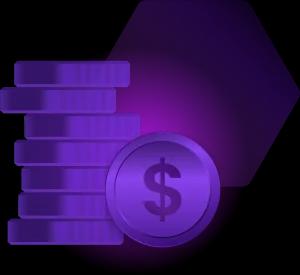
Blockchain can speed up transaction settlement times, moving from the traditional T+2 model to real-time, enhancing liquidity.

Web3 solutions return data control to the users, allowing them to control their financial data. Blockchain-backed Smart contracts automate agreements, reducing disputes and increasing efficiency.

Decentralized Finance (DeFi) opens up financial systems to anyone, removing traditional barriers to entry, fostering financial inclusivity and democratizing access to financial services.

Blockchain and Web3 development enable seamless interaction between different systems or networks, further pushing the concept of open finance.

Blockchain's inherent transparency can assist in meeting stringent regulatory requirements in the finance sector, making audits easier and more efficient.

Through dApp development, unique financial products and services can be created, such as yield farming, flash loans, and more, pushing the boundaries of what's possible in finance.
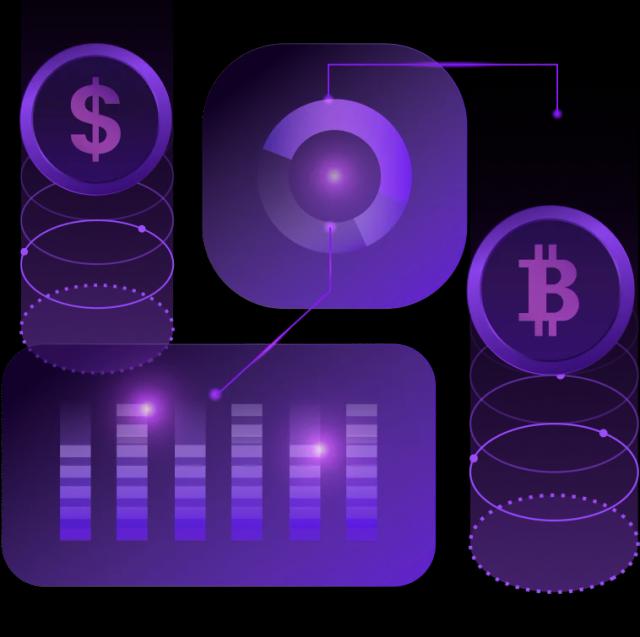
The amalgamation of blockchain technology, smart contracts, and Web3 solutions provide the infrastructure for a user-centric financial ecosystem, offering personalized, efficient, and secure financial services.

Blockchain technology allows for programmable money and assets. Smart contracts execute only when predetermined conditions are met, providing unparalleled flexibility in designing financial products and automating financial operations.

Web3 and DeFi solutions enable peer-to-peer transactions without intermediaries, providing efficiency and reducing costs.

Blockchain enables asset tokenization, making it possible to trade fractions of valuable assets like real estate, art, or even company shares, thus creating liquidity and making investment more accessible.
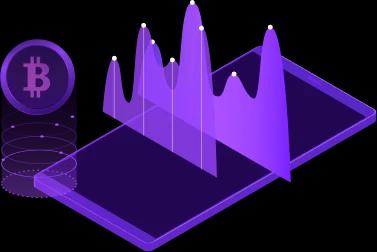
Blockchain enables asset tokenization, making it possible to trade fractions of valuable assets like real estate, art, or even company shares, thus creating liquidity and making investment more accessible.

With blockchain's decentralized nature, financial systems become more resilient against single points of failure, reducing systemic risk.

Blockchain technology can streamline cross-border transactions, reducing costs, eliminating intermediaries, and speeding up processing times.
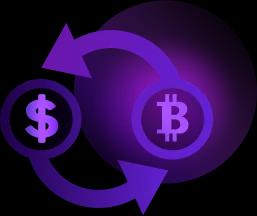
DeFi protocols incentivize users to provide liquidity to their platforms by rewarding them with governance tokens, a novel way of earning returns on investments.

Transparent, immutable records allow for better risk assessment and management in finance. It also assists in reducing counterparty risk in trades.

Blockchain and smart contracts can be used to create decentralized insurance products, automating claims processing and reducing fraud.

Blockchain can track and verify the origin of green investments, helping enforce sustainability standards in finance.

Web3 solutions and blockchain technology empower users to be their own bank, with complete control over their finances.

As digital transformation continues, adopting blockchain and Web3 solutions prepares financial institutions for a digital-first future.
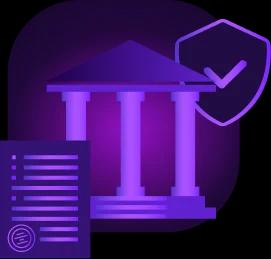
Blockchain technology makes it economically viable to execute microtransactions, opening up new business models.

Blockchain and Web3 solutions can democratize investment, enabling crowdfunding and Initial Coin Offerings (ICOs), giving start-ups access to global finance.
